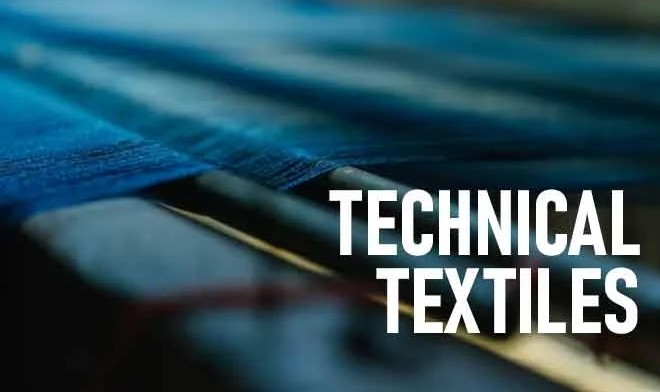Telangana’s vibrant textile industry is on the brink of a fascinating transformation with the advent of soft-technology integrated fabrics featuring pollinated-pattern designs that are garnering attention for sarees and curtains alike. This innovative blend of cutting-edge textile technology with traditional weaving crafts aims to redefine fabric aesthetics and functionality, introducing a fresh wave of sustainable and visually stunning products into the market.
Key Highlights of Telangana’s Textile Innovation:
Soft-Tech Fabric Integration: The introduction of advanced soft-technology into fabric production enhances the texture, durability, and comfort of traditional textiles while maintaining their cultural essence.
Pollinated-Pattern Designs: Inspired by natural pollination motifs, these patterns bring a unique, organic aesthetic that resonates with both modern design sensibilities and indigenous craftsmanship.
Diverse Applications: While sarees remain the flagship product, curtains and home textiles incorporating these patterns are emerging as a sought-after trend for interior décor enthusiasts.
Sustainability Focus: The use of eco-friendly dyes and organic cotton accompanies this innovation, aligning with Telangana’s growing commitment to sustainable textile practices.
Boost to Local Artisans: The fusion of new technology with age-old handloom techniques empowers local weavers and artisans, providing them with enhanced market relevance and livelihood opportunities.
Telangana’s Textile Tradition Meets Modern Innovation:
Telangana has long been celebrated for its exquisite handloom sarees like Pochampally Ikat and Gadwal, known for intricate patterns and vibrant colors. The new wave of pollinated-pattern textiles employs digital design tools and precise weaving technology to craft complex, nature-inspired motifs that were previously challenging to produce manually. This helps preserve the artisanal value while embracing digital-age efficiencies.
Enhanced Fabric Qualities by Soft-Tech:
Soft-tech involves the use of innovative textile engineering techniques that improve softness, breathability, and fabric strength. Integration with smart textile processes also opens avenues for functionalities such as temperature regulation and stain repellence, adding to consumer appeal. The synergy of these advancements with Telangana's traditional looms creates fabrics that are not only beautiful but highly functional and durable.
Diverse Product Lines and Market Demand:
The soft-tech pollinated pattern isn’t limited to sarees but extends to other fabric-based products, particularly curtains, which blend fashion with utility. Home décor markets show increasing demand for such eco-conscious, artisanal textiles that add aesthetic value while being sustainably produced. This broadening product range helps Telangana’s textile sector expand beyond fashion into lifestyle segments, creating a diversified revenue stream.
Empowering Artisans and Supporting Sustainability:
By incorporating digital tools and sustainable materials, this textile trend helps local artisans stay competitive amid global market changes. The Telangana government’s textile policy initiatives provide support for modernization and skill development, making it easier to adopt such innovations. The emphasis on organic cotton and natural dyes further promotes environmental responsibility, appealing to eco-aware consumers.
Outlook for Telangana’s Textile Industry:
With these emerging soft-tech fabrics and pollinated patterns gaining traction, Telangana is poised to reinforce its position as a textile innovation hub balancing heritage and modernity. The growth in technical textile sectors alongside traditional handloom craft ensures sustained economic growth and cultural preservation. As consumer preferences shift toward sustainable and smart textiles, Telangana’s pioneering efforts are expected to set new industry benchmarks.
Conclusion:
The fusion of soft-tech innovations with pollinated-pattern designs introduces a thrilling chapter for Telangana’s textile landscape. This blend of technology, tradition, and sustainability not only revitalizes iconic saree weaving but also pioneers new fabric categories like curtains, reflecting a holistic approach to textile crafting. Telangana’s forward-looking textile sector is thus charting a path that honors its heritage while embracing the demands and aspirations of the contemporary market.
Source: Telangana Textile Policy Documents, Times of India

